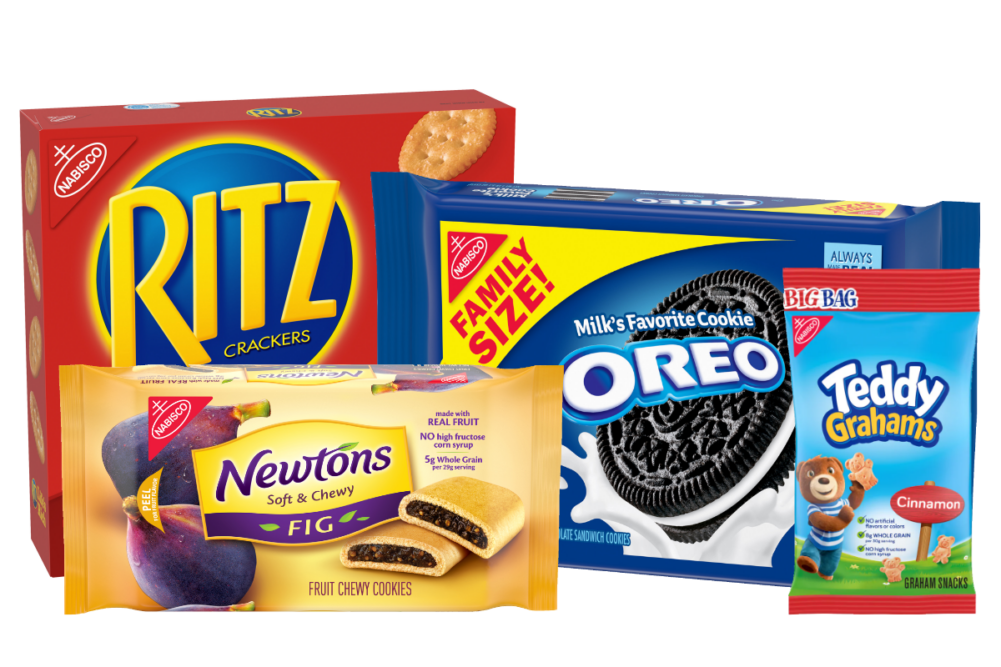CHICAGO – Dirk Van de Put, the chairman and chief executive officer of Mondelez International, Inc. calls the coronavirus (COVID-19) “the biggest trial ever in the consumer goods industry.” As the pandemic spread and demand shifted away from away-from-home eating occasions, consumers stocked up on packaged foods, including varieties they may never have tried before. Now Mr. Van de Put and his peers in the consumer packaged goods industry must figure out how to keep as many of those new consumers as possible.
During a Sept. 9 presentation at the virtual Barclays Global Consumer Staples Conference, Mr. Van de Put shared how the accelerated consumer trial affected some of Mondelez’s brands. The company’s US biscuits business, for example, gained 2.5 points in household penetration when compared to the same period during the previous year.
“…This has extended our leading position,” Mr. Van de Put said. “Our penetration increase is double that of our nearest competitor.”
Since the end of February 80% of US households have bought a Mondelez biscuit product at least once, said Mr. Van de Put. Of that 80%, 90% became repeat buyers of Mondelez biscuits.
The demand has trickled down from the company’s mega-brands like Oreo and Ritz to such brands as Honey Maid, Newtons, Nilla and Teddy Grahams. Fifty percent of the buyers of those lesser-known brands were new, according to the company.
Now, with the COVID-19 stock-up period in the rearview mirror, management is shifting resources to maintain the momentum. One initiative includes a “big increase in working media,” Mr. Van de Put said.
“US biscuits would see a 60% increase of their A&C in the second half vs. last year,” he said. “Some of those local jewels, (like) Honey Maid, will see four-times that level of investment they had last year.”
With an economic recession possibly taking hold, the company also is focusing on value and package architecture.
“In the US, that takes the form of multi-buys, where we are trying to link brands with each other,” Mr. Van de Put said. “So, for instance, buy Oreo and Ritz together or more multipacks and family packs as part of our assortment.”
The company announced in July its plans to remove 25% of its stock-keeping units (SKUs) to simplify its supply chain and reduce cost and inventories. Luca Zaramella, chief financial officer, said the initiative also improves use of working capital and he does not see it impacting consumers.
“As far as consumer choices are concerned, we really believe that with 98% plus of the portfolio having better service and better value is better for consumers, too,” he said. “The same goes for innovation. I don't think we don’t like innovation. We like innovation, but we like the right innovation. We want innovation to be meaningful for consumers. So that’s really what is behind this.”





